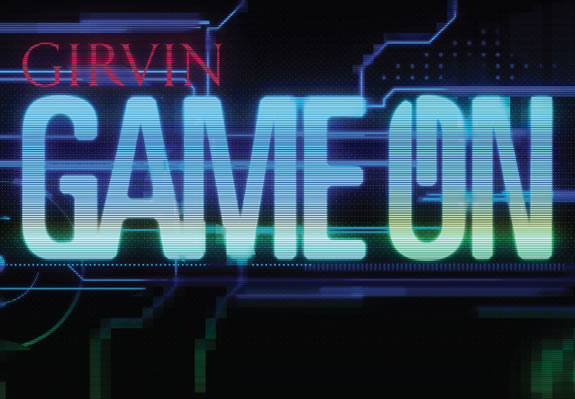
Identity, Story & Experience Design
When you think about a game, it invariably is about play. Play and game.
And, are you having fun?
A quick play: see
Girvin’s gaming movie and
specially commissioned sound track.
What is play?
What is game?
Play is an old word. Perhaps 5,000 years back, the PIE seed sound was *dlegh: “to engage oneself.” The bridge to our language would be Old English plegan, plegian — “move rapidly, occupy or busy oneself, exercise; frolic; make sport of, mock; perform music,” — these layers from West Germanic, Old Saxon, Old Frisian and Middle Dutch and German. The concept of play has been around.
And game? Another old word — what’s been coined as a protologism. To seed sounds: proto-Germanic *ga– collective prefix + *mann “person,” giving a sense of “people together.” In the course of another 1000 years gamen becomes “joy, fun, amusement.”
A sharing is surely implied.
In the beginning, the play might be for one, then another.
Then built out to a cast of thousands, playing together.
Our opening experience with the world of game design,
packaging and strategy started with Nintendo.
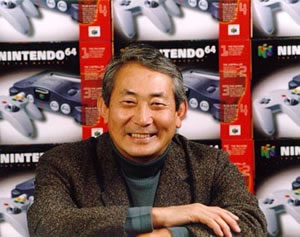
In the opening pitch [I’d memorized a full Japanese opening to present in the kick-off, which I recall to this day. I presented in a smoke-filled room of executives] to the then CEO, Arakawa san, I was asked to design a Christmas card involving Mario. It was a no-budget project.
No idea where a copy of that might be in our archives.
It worked, FTW.
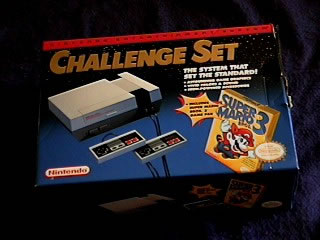
And we moved on to the NES packaging system.
Super Nintendo.

Ultra. Virtual Boy. Mega. And dozens of game packs, merchandising displays, meeting with game designers and inventors, and testing, on multiple hardware gaming systems, every game that we played on.
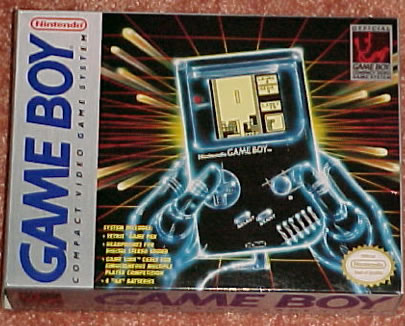
Somewhere in the mix of time, technology and product sequencing, dozens of gaming packages, Mr. Arakawa announced the introduction of a new technology: “Gamu Boyu” — the Japanese naming convention of “GameBoy” which he pronounced, at that meeting, to be an opening sales expectation of $20million. Back then, that seemed like a big number — but sales were reached, along with the empowerment of the LeoBurnett Advertising engine of Chicago. We worked with variations on that team for United Airlines global systemic redesign and our innovation brand work for Eisner and co., Disney, the Disney Institute, Orlando.
The idea of designing for, and around, gaming has continued to this day.
A gallery:
The Legend of Zelda logo design, which we created for Nintendo.
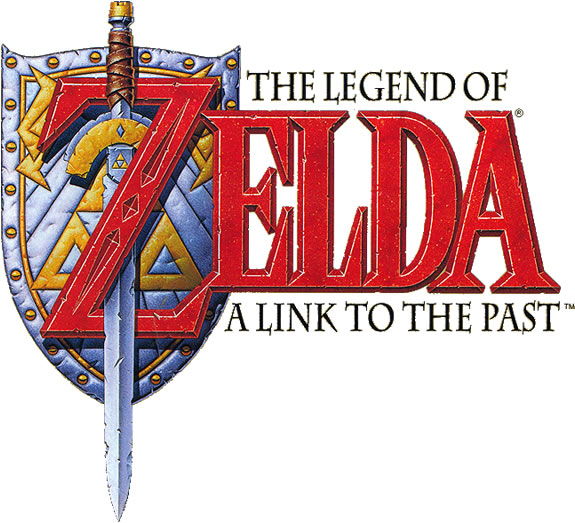
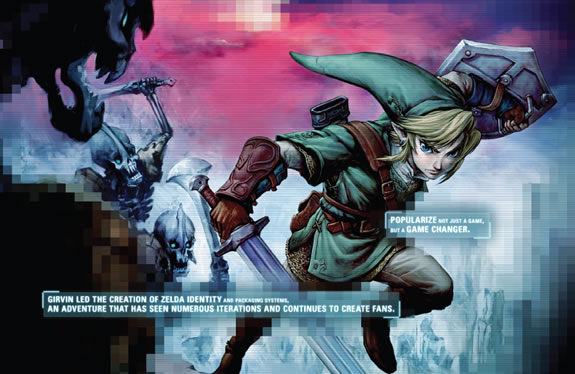
A legend unto itself, a fantasy fantastical —
our treatments for Final Fantasy.
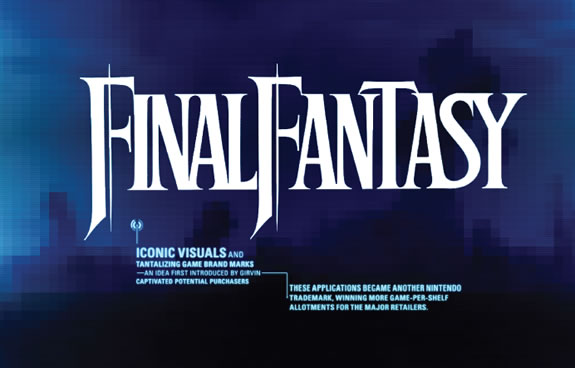
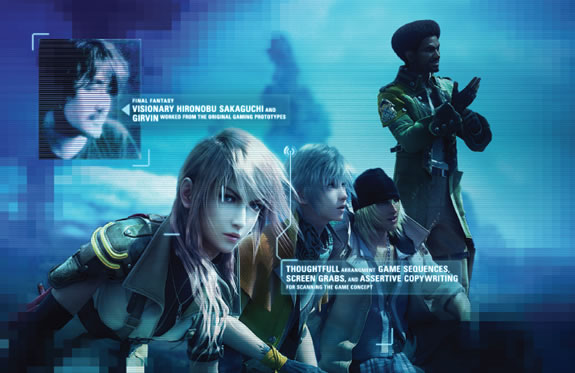
World design, with Daniel Dociu, for
the launching power-up of Guild Wars
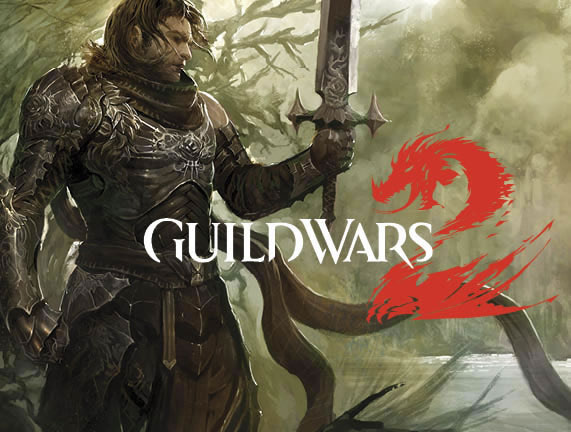
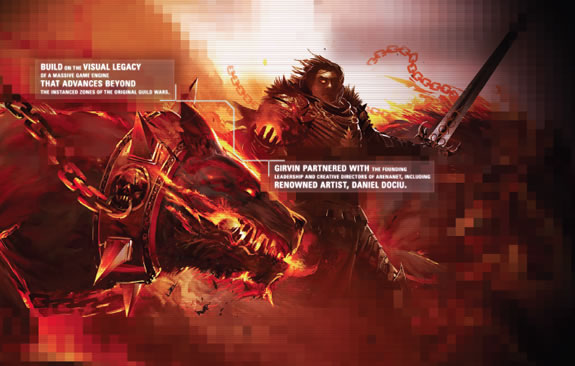
Lara Croft,
Bridging extant gaming and cinematic theatrics:
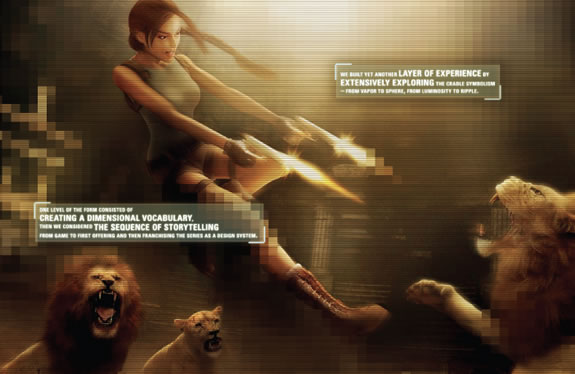
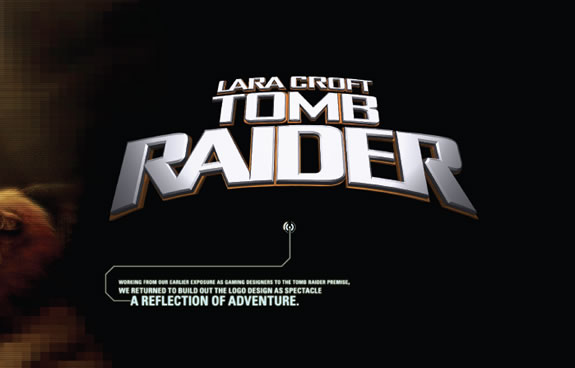
A story from 1,000 years ago, newly retold, supporting
the visioning of Robert Zemeckis,
Beowulf:
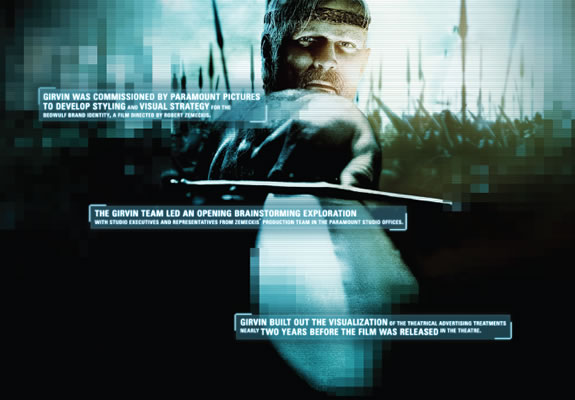
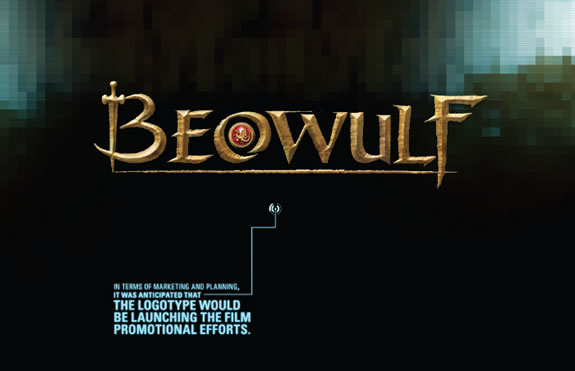
Tracking the openings with Paramount Studios and
Iron Man’s cinematic beginnings.
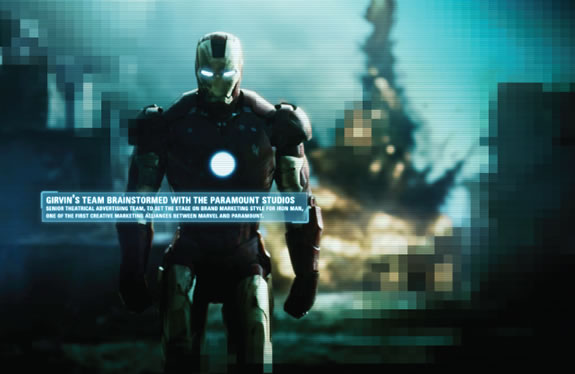
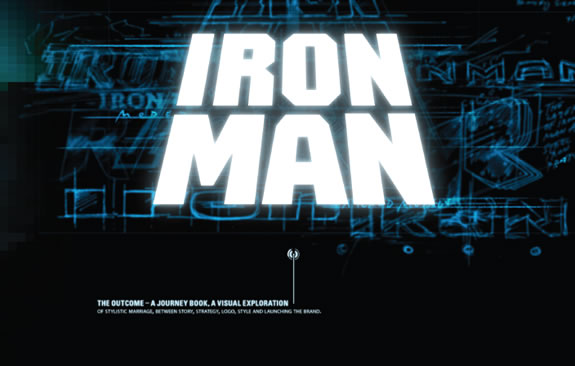
Collaborating with Joel Silver, the Wachowski siblings in branding the Matrix —
and the gaming world that followed:
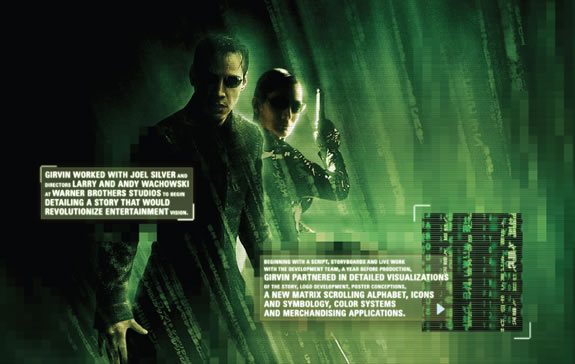
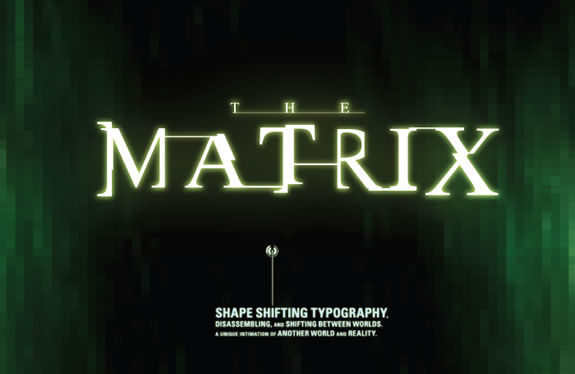
The design of Defiance, to the end:
And the new beginnings —
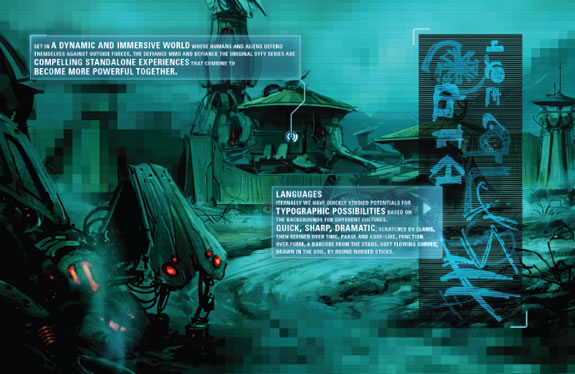
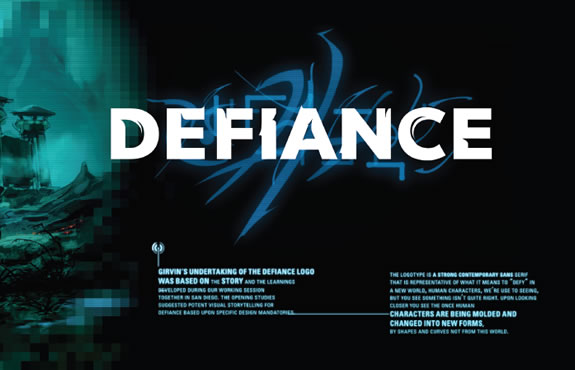
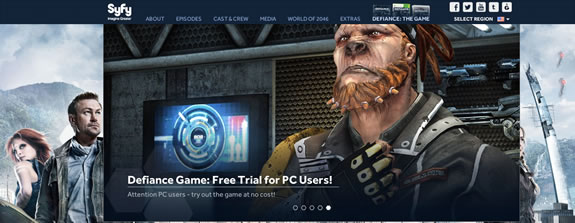
The point to the game is the play of it;
and knowing how to play.
Game on:
FTW.
TIM
…..
G I R V I N | WOWNESS
INNOVATION WORKSHOPS
CREATING STRATEGIES, PRODUCTS,
IDEAS FOR CHANGE.
http://bit.ly/vfzyEU